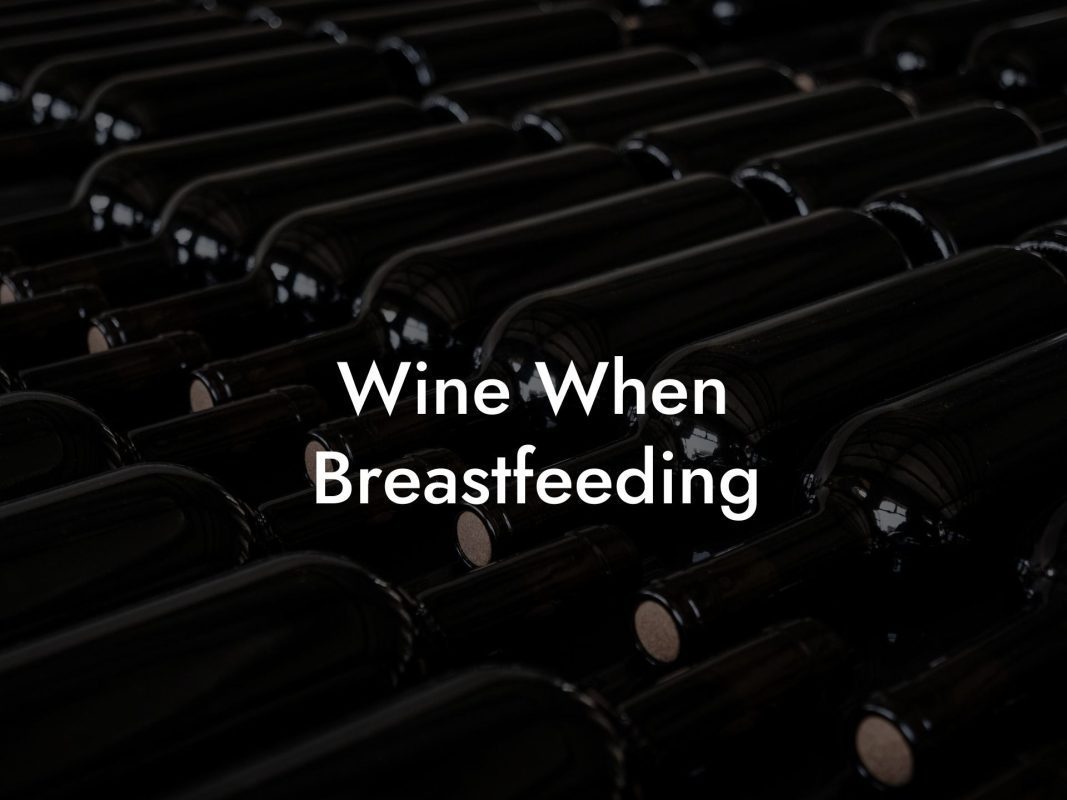Hey wine lovers, ready to dive into the world of rosé? This versatile and popular wine style has something for everyone, whether you're a beginner or a sommelier. Rosé is perfect for those warm, breezy evenings when you want to sip on something light and flavorful. We've got you covered on all things rosé, from how it's made to wine pairings, and even how to make it at home. So sit back, pour yourself a glass, and let the world of Black Wine Club guide you through the creation of one of the most delightful wines on the menu.
What is Rosé Wine?
Rosé wine is a type of wine made from red grapes, but without the heavy and bold flavors you'd often associate with a full-bodied red. It's known for its beautiful pink hue and refreshing taste, which comes from the delicate balance of red fruit flavors and crisp acidity.
How Rosé Wine is Made
Rosé wine can be made in two main ways:
Do You Want to Win a Free Bottle of Wine?
Don't miss out on the opportunity to win a free bottle of wine every week.
Enter our weekly prize draw today!
- Short Maceration: This technique involves crushing the red grapes and leaving the grape skins in contact with the juice for a short period (anywhere from a few hours to a couple of days). The color from the grape skins slowly bleeds into the juice, giving rosé its signature blush.
- Saignée Method: This method involves the winemaker "bleeding off" some of the juice from the initial maceration process for red wine. This juice has limited contact with the grape skins, resulting in a lighter, pinker hue. The winemaker then ferments this juice separately to create rosé.
Choose Your Grapes
Many red grape varieties can be used to make rosé wine. Some popular options include Grenache, Syrah, Pinot Noir, and Cabernet Sauvignon. Each grape variety will impart its unique characteristics to the final rosé, so consider the flavor profile you're aiming for when choosing your grapes.
Fermentation and Finishing
Once you have your rosé juice, it's time to ferment the wine. Fermentation usually takes place in stainless steel tanks or neutral barrels, preventing the rosé from taking on any oak flavors that would mask its delicate fruitiness. After fermentation, the wine is typically aged briefly to retain its crisp, fruity character before it is bottled and ready to enjoy.
How To Make Rosé Wine Example:
Imagine you decided to use Grenache grapes to make your rosé wine at home. You would start by crushing the grapes and leaving the skins in contact with the juice for about 6 hours to achieve a light pink color. After separating the juice from the skins, you'd ferment the wine in a stainless steel tank at around 55-60°F (13-15°C) for 2-3 weeks to preserve the delicate fruit flavors.
Once fermentation is complete, you would rack the wine off the lees (the sediment that accumulates at the bottom of the tank) and age it for a few months before filtering, stabilizing, and bottling your homemade rosé wine. Now, it's time to enjoy your refreshing creation with friends and family!
There you have it, wine enthusiasts - the ins and outs of making rosé wine! With your newfound knowledge, you're ready to embrace the pink side of the wine world and even make your own rosé at home. As you explore your rosé-making adventure, be sure to check out other informative articles and guides on our website, and don't forget to share your rosé masterpieces with us at the Black Wine Club. Cheers to more pink-hued, delicious moments in the world of wine! 🥂
Do You Want to Win a Free Bottle of Wine?
Don't miss out on the opportunity to win a free bottle of wine every week.
Enter our weekly prize draw today!












